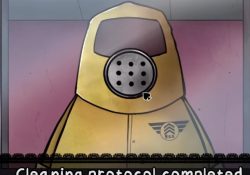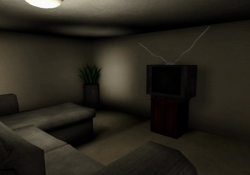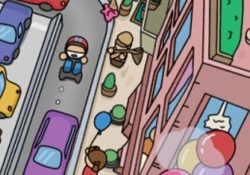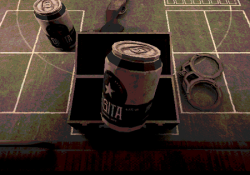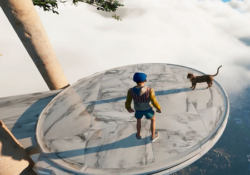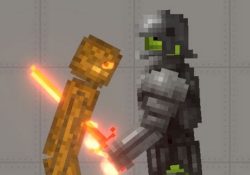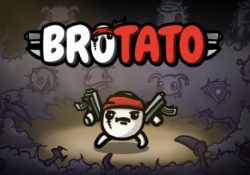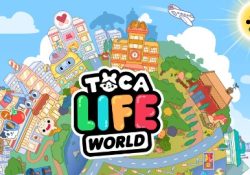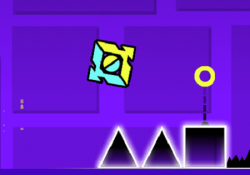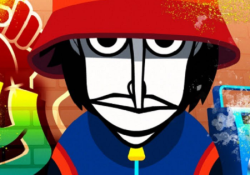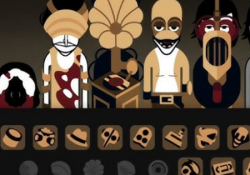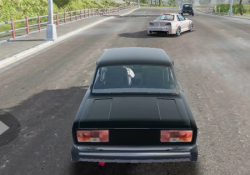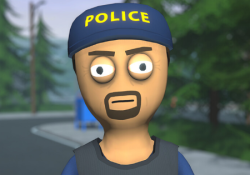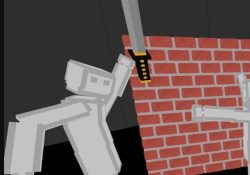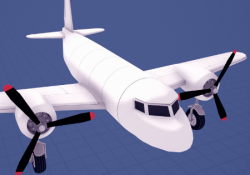Quarantine Zone the Last Check puts the player in the position of a frontline officer in a world overrun by infection. Your job isn’t to fight the outbreak with weapons—it’s to make judgment calls. Each person who approaches your checkpoint could be clean, sick, or hiding something worse. Every shift becomes a test of perception and decision-making, with consequences that affect both individual lives and the survival of the base you protect.
Daily Cycles And the Weight of Choice
Every day begins with the gate opening. A line of survivors waits to be examined. With basic tools at your disposal, such as thermal scanners, blood test kits, or interview forms, you must evaluate their condition and intentions. Some plead, others stay silent, and a few attempt to lie. The more resources you gain, the better your equipment becomes, but even then, there’s no guarantee of certainty. As you proceed through the days, each inspection grows heavier with doubt.
What Shapes Each Session
- Interview and examine arriving survivors
- Determine whether to admit, isolate, or turn away individuals
- Upgrade medical and security tools over time
- Spend resources wisely to maintain supply and safety
- Defend against nightly threats trying to break through the barrier
This structure forces balance between practical survival and moral responsibility.
Threats Beyond the Checkpoint
At night, everything shifts. The quiet judgment of daylight becomes a scramble to hold the walls. You move from paperwork to weaponry, using mounted defenses or emergency measures to repel infected attackers. The stronger your choices during the day, the more prepared you are when darkness falls. If your defenses fail, the infection spreads. If your decisions are too harsh, trust within the survivors breaks down. The game gives no perfect path, only risk and reaction.
Progression, Pressure, and Survival
Quarantine Zone The Last Check grows more complex as you advance. New symptoms appear, false negatives occur, and survivor stories blur into patterns that don’t always make sense. The game encourages multiple playthroughs, as small choices lead to different endings. Some players might focus on efficiency, others on empathy. Either way, the experience is shaped not just by survival, but by how much responsibility you’re willing to carry in a collapsing world.



